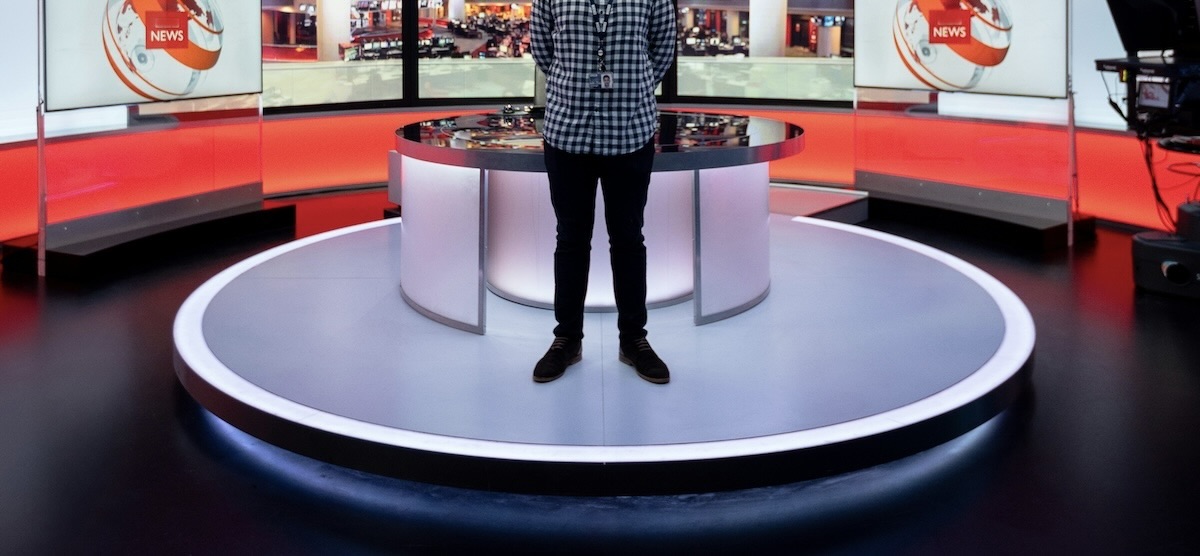Gambling operators run sports betting advertisements with relative impunity, while affiliates under major network banners report on sportsbook sign-up bonuses as a part of their regularly scheduled news programming. It’s bad enough that the nation must contend with this relentless onslaught of gambling related promotions, but there’s something else that certain members of media are doing that can be just as harmful to the psyche of vulnerable Americans. They dignify and practically deify “celebrity gamblers” by reporting on their wagers as if they were notable achievements. It’s a form of glorified gambling that makes light of the tremendous risk involved. We expect this from operators and their affiliates, as it’s their job to attract new players. However, it’s hard to understand why so-called news resources report on the activities of whales when they know that the country is swimming upstream against a problem gambling crisis. Consequently, it’s time for America to take a stand and call out the media for extolling high-rollers and demand that they put an end to the practice. Read ahead for further insight.
Examples of How the Media is Glorifying Gambling and Adding to America’s Problem Gambling Crisis
Reporting on Mattress Mack’s Multimillion Dollar Bets
James Franklin McIngvale is a 73 year old furniture mogul known as ‘Mattress Mack’ who the media has been celebrating for nearly a decade. Last year, reputable news outlets like ran a feature on Mattress Mack after he lost a total of $9 million on the most recent two college football championship games. Instead of positioning the story as a cautionary tale, the article featured a photo of a wide-smiling Mattress Mack who shrugged off the loses as being part of the game. The media is back at it again as we enter NCAA March Madness (during Problem Gambling Awareness Month) with YAHOO headlining the lead-in to the NCAAB tournament by announcing Mack’s $1 million wager on Houston to win the men’s tournament.
What’s the play here? Given that it’s public knowledge that 20% of sports bettors are in (or have been) in debt from gambling, and that the average debt is between $55,000 and $90,000, does the media think that it’s doing America a service by incessantly reporting on the boxspring kingpin?
At least we’re not alone in our assertion that the obsession with Mattress Mack is dangerous:
“Reporting on Mattress Mack McIngvale’s gambling addiction is akin to covering those competitive vaping contests featuring Gen Zers trying to see who can blow the biggest cloud/contract lymphoma the quickest. I guess there’s a human-interest angle, but it also glorifies sports betting to a disgusting degree. Sure, people would click on a story about a cocaine user’s quest to snort the biggest gator tail ever recorded, yet it hardly seems responsible, and it’s definitely unethical.”
DEADSPIN | March 1 2024
It’s time to put the obsession with Mattress Mack to rest.
Reporting on Drake and Other Sports Betting Youth Influencers
Mattress Mack may or may not connect with one of the most vulnerable populations in the country. However, the media is also celebrating gambling propensities of the nation’s top influencers who do have an impact on young Americans. This is problematic as American consumers between 18 to 34 years of age are more likely to be swayed by influencer driven gambling communications than any other age group.
The media follows and reports on the betting activities of hip hop superstar, Drake, more than any other. It’s unfortunate enough that Drake feels the need to share his $1.15 million worth of Super Bowl bets to his 146 million Instagram followers. Neilson reports that Drake is most popular with the 18-34 age group, which is the exact same demographic (referenced above) that is swayed by influencer driven gambling marketing. Drake has a stake in a sports betting company so his motivations are clear. However, America should be able to expect more from the media. Unfortunately we can’t, as this reputable news resource published a detailed list showcasing all of Drake’s biggest sports betting wagers since 2022.
The media even pays tribute to betting activity regarding celebrities who are not complicit in the problem gambling crisis. For instance, they talked-up the increase in betting activity surrounding Taylor Swift’s “involvement” in Super Bowl LXIII:
“The sportsbook manager for Hollywood Casino, said celebrity culture is also driving bets. That’s because of Chiefs tight end Travis Kelce’s high-profile relationship with pop star Taylor Swift […] While the casino’s customer base is mostly men, Rome said more women are getting in on the action, often placing bets on Kelce to score a touchdown.”
AOL
Celebrity culture in the USA is fueled exclusively by media. So if celebrity culture is driving gambling, the media must accept their part in the problem gambling crisis in America. With great blame comes greater responsibility. If the media won’t stop glorifying gambling, then they’d better start balancing the narrative with more stories about how sports betting is tearing our nation apart. Moreover, they are encouraged to report more often on new initiatives to support the treatment of problem gamblers across the country.
Get Immediate and Effective Problem Gambling Support
CALL +1 (877) 426-4258
OR
Email [email protected]


